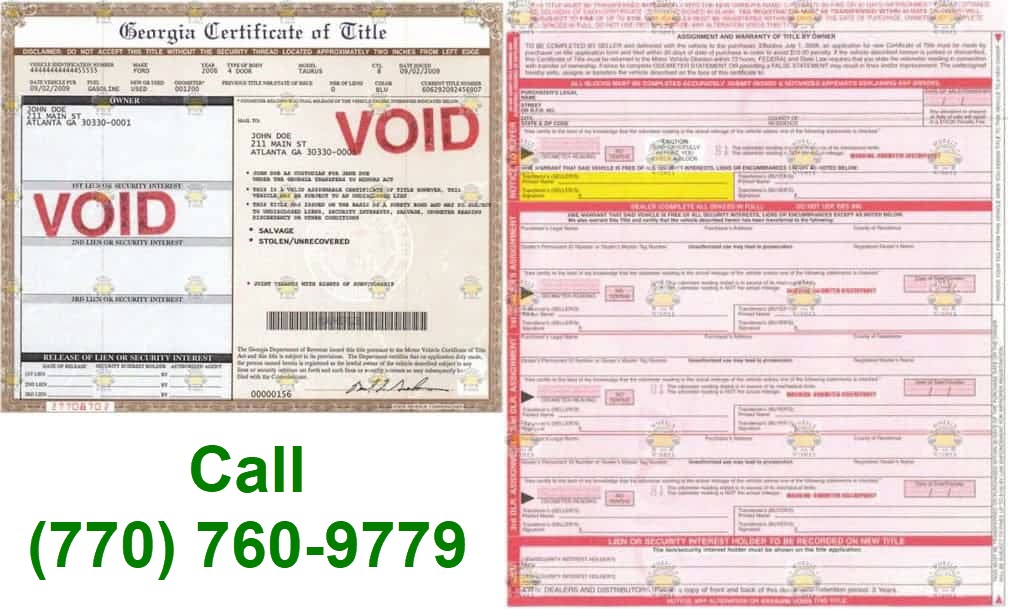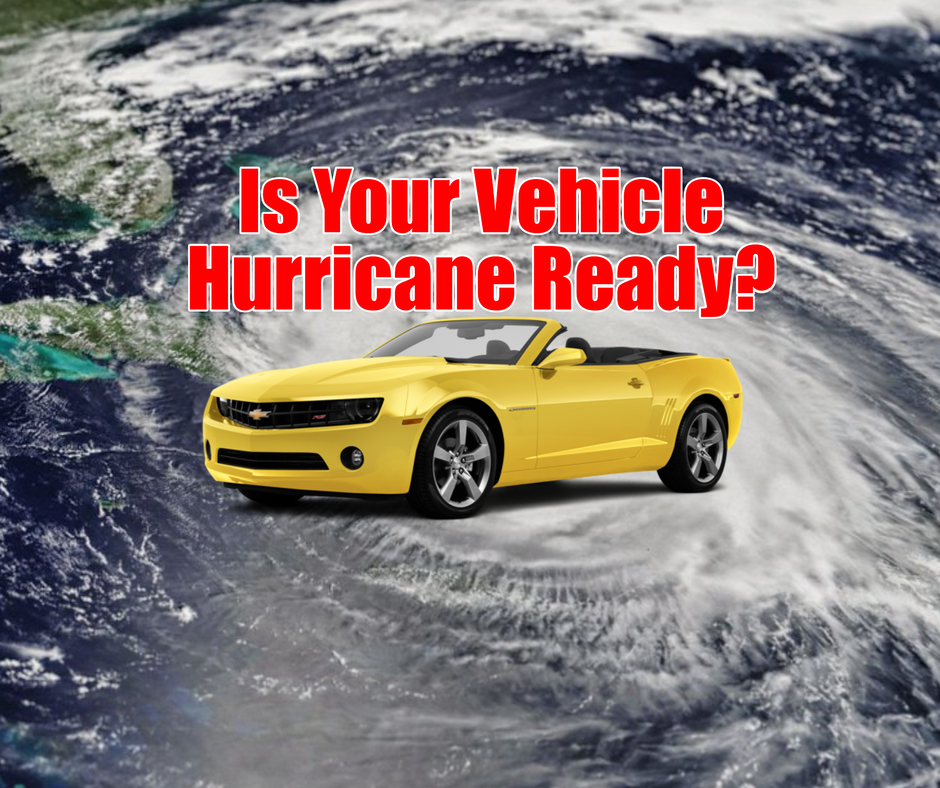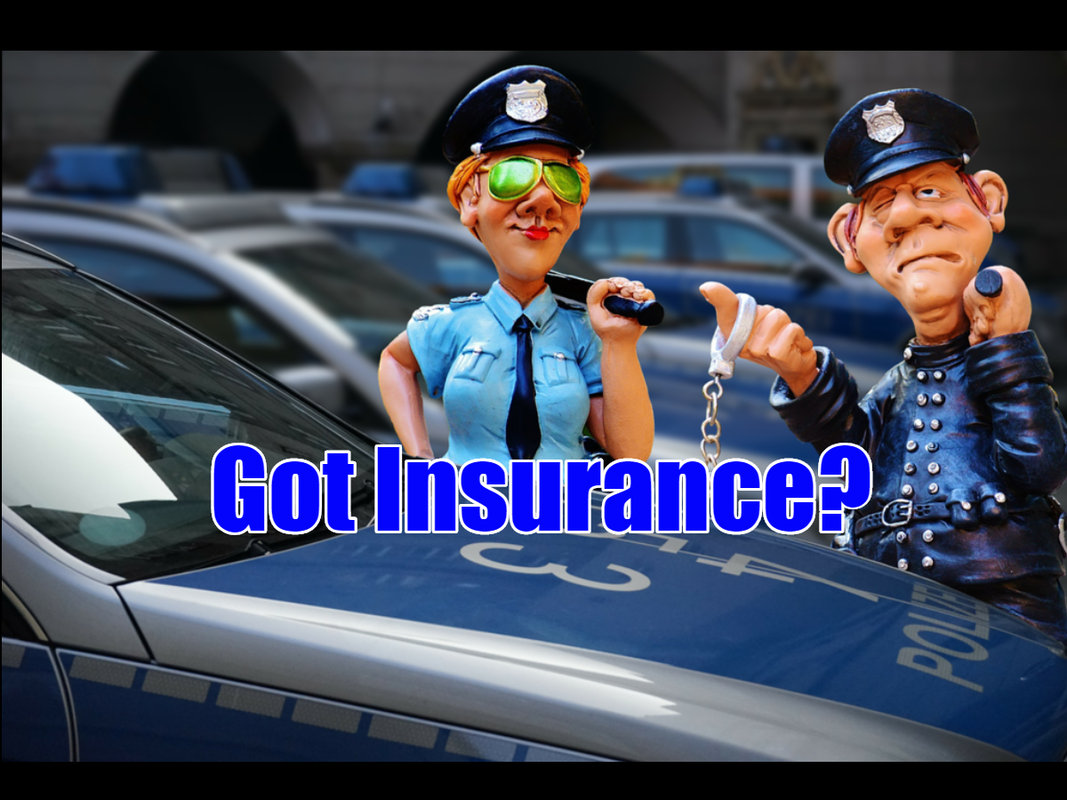Vehicle Title Bond
Vehicle Title Bond to fit your budget and needs
Bonded Vehicle Title
If you do not have the required proof of ownership documents to obtain a Georgia title in your name, you may apply for a Georgia title on the basis of a surety bond.
To get a title based on a surety bond:
If you do not have the required proof of ownership documents to obtain a Georgia title in your name, you may apply for a Georgia title on the basis of a surety bond.
To get a title based on a surety bond:
- The owner must be a legal resident of Georgia
- The vehicle must require a Georgia title
- Cannot be a 1985 or older year model vehicle
- Cannot be an abandoned vehicle
- Completed and signed Form MV-1 Title/Tag Application.
- Completed and signed Form MV-46 Certificate of Title Bond.
- Backed by an insurance company licensed to issue surety insurance in Georgia designating the vehicle owner’s legal name as the principal.
- Regardless of condition, the bond must be written in an amount equal to two times the average retail value of the vehicle (according to values established by the Georgia Department of Revenue), but not less than $5,000.
- The vehicle owner and the Insurance Company agent must sign the form in the designated spaces. If jointly owned, each owner must sign.
- All signatures on the bond must be witnessed.
- A power of attorney authorizing the agent to write the bond on behalf of the insurance company must be attached to the bond.
- Completed and signed Form MV-46A Certificate of Title Bond Affidavit
- Must be completed in the same name as the name shown on Form MV-46 Certificate of Title Bond.
- The signature on this form must be notarized.
- Completed and signed Form T-22B Certification of Inspection.
- If the Form T-22B Certificate of Inspection indicates that the serial plate is missing, a Form T-128 Missing Serial Plate Affidavit is required.
- A report from National Motor Vehicle Title Information System (NMVTIS) or an equivalent system authorized by the Department.
- If the report indicates the title of record is from a jurisdiction other than Georgia, the application for a Georgia Certificate of Title must be accompanied by a certified title history from the state of issuance.
- If the Georgia or other state certified title history indicates a security interest or lien, a notice of release of a security interest or lien (Form T-4 Notice of Satisfaction of Security Interest or Lien Holder Affidavit) must be included.
- Any available ownership papers (e.g., Title, Bill of Sale, Lien Release, etc)
- $18.00 title fee
Low Cost Auto InsuranceAuto InsuranceWhat to Know About Car Insurance in Georgia
If you're driving in Georgia, you may find yourself caught in the busy traffic of Atlanta, touring the historic squares and roundabouts of Savannah, or discovering one of the many historic Civil War driving routes. Wherever you drive in the state of Georgia, you must have car insurance for your vehicle. Important Facts about Georgia Auto Insurance and Driving Laws
Georgia law requires that all drivers must have at least the following required minimum auto insurance coverages for your vehicle:
Be sure to discuss all your options with one of our licensed agents if you're unsure of the best coverage levels for you. Why You Need Comprehensive Auto Insurance
It is not a hard task to determine whether you require comprehensive coverage for your car. However, before you make the decision to buy comprehensive coverage, you need to have a good understanding of how it works. Comprehensive coverage is intended to cover a variety of physical damage claims, such as windshield and body damage, vandalism, and contact with an animal. Here is some information about why you need comprehensive car insurance. Do You Have a Loan on the Car? Lenders usually require physical damage coverage on the cars they have financed to drivers. Comprehensive is usually a portion of such mandatory coverage. When you sign the contract for a loan, you agree to protect the car against physical damage by buying both collision and comprehensive coverage. You can end up having to deal with expensive penalties if you fail to notify your lender about your insurance coverage. You should ask your auto insurance agent to add your lender as a loss payee for the car. Doing this will ensure your lender is immediately notified of the coverage in case an accident occurs. What Is Your Level of Risk for Having a Comprehensive Claim? If you have a high level of risk for having a comprehensive claim, you should get comprehensive auto insurance. Some factors that will put you at high risk of having a comprehensive claim include living in a tornado alley or packing your car under a half-dead tall tree every night. Indeed, any driver can benefit from this coverage. However, for some people it’s worth more than others. You should take the time to evaluate your risks before deciding whether to get comprehensive car insurance. In general, one would file a comprehensive auto insurance claim for damage to your car caused by the following:
What Is the Value of the Vehicle? If the value of your vehicle is high, this will help you decide whether it is worthwhile to pay for comprehensive auto insurance. If the vehicle isn’t worth much anymore, then coverage might not be worth the investment. How Much Does Comprehensive Coverage Cost? You will be happy to know that comprehensive coverage tends to be reasonably priced. As long as you are not considered a high-risk driver, comprehensive coverage is typically worth the price. Even an older car with minimal value is likely worth the replacement of a windshield from damage. For more information about comprehensive coverage, don't hesitate to contact us. |
Don’t exchange personal information following an auto accident?
You generally only need give the other driver your name and information (name & phone number of your insurance company).
National Association of Insurance Commissioners (NAIC) has developed a mobile application – “Wreck-Check” to help you take the guesswork out of what information to share. It’s free and available for both iPhone & Android smartphones. WreckCheck App for Smartphones In the course of your lifetime, an auto accident is bound to happen. When it does, take some of the guesswork out of a tense situation with the NAIC's WreckCheck™. This free mobile app for iPhone® and Android® smartphones outlines what to do immediately following an accident and walks users through a step-by-step process to create their own accident report. Don't have a smartphone? Download a printable accident checklist and other tips for staying calm, safe and smart on the road. How do I know that I’m getting a great deal on insurance?
Our agency uses the most state-of-the-art software to make sure you get all the discounts you deserve while comparing with all the many companies we have available for you. Our agency is unique because it does not simply stick to one kind of insurance provider but brings the clients the best deals from many different insurance carriers. In this way, clients have access to offers from multiple carriers all in one place. Is it better to keep my auto insurance with the same company as my homeowners policy? Some companies offer discounts when you have automobile and homeowner's with them. The company may cover house, auto, boat, etc., under one policy. However, there may be situations where you can save money by spreading your coverage among several companies. It is your choice. Our agency will shop carefully for all of your insurance needs. Other than my driving record and type of car, what other factors do insurance companies use to determine my premiums? Do all insurance companies look at the same things? Most insurance companies look at driving records, type of car, use of vehicle, location of vehicle, and age of driver. What happens if I am in an accident with someone who doesn't have coverage, and the other driver is at fault? To protect yourself in the event you have an accident with one of these illegal motorists, you can purchase uninsured motorists coverage. You will be paid for damages just as if the other driver was covered. |
Advertisements for cheap car insurance seem to be everywhere. Is this good enough for you?
It is a misconception that all auto insurance policies are the same. For some people, the least expensive policy is good enough. However, it is best to customize the policy to meet the specific needs of your vehicle and your lifestyle. How do you know what is too cheap and what is just right for you then?
What Your Policy Needs to Do for You
When choosing car insurance, there are a few key things to look for to determine if it is the right one for your needs. Put price aside for a moment. Only after you consider coverage, then you can compare providers to determine which offers the best price for that amount of protection. Here are a few things to consider.
Do You Have a Loan or Are You Leasing the Car?
Those who have a lease or loan on their vehicle may have a requirement from the title holder to carry full coverage. This generally includes:
Does the Vehicle Have Value?
If you do not have a loan or lease, consider the value of the car. If the car was not possible to repair in an accident, could you easily replace it? If it would cause financial hardship for you to lose the car like this, it may be worth considering collision insurance and comprehensive coverage. Collision insurance covers damage to your car if you hit something. Comprehensive covers the vehicle from losses such as fire and theft.
How Much Liability Insurance Do You Need?
One of the ways some companies offer very low-cost auto insurance is by providing you with just the state minimum requirement. However, this is a big risk. A simple accident can cause significantly more damage than this basic policy can cover. In an accident, the lowest car insurance may not cover all of the losses you need it to. This means you may have to pay out of pocket for it.
Is cheap car insurance a good thing? It can be if you do not have a lot of value in the vehicle. However, a customized auto insurance policy is best. Work with one of our agents to obtain one.
It is a misconception that all auto insurance policies are the same. For some people, the least expensive policy is good enough. However, it is best to customize the policy to meet the specific needs of your vehicle and your lifestyle. How do you know what is too cheap and what is just right for you then?
What Your Policy Needs to Do for You
When choosing car insurance, there are a few key things to look for to determine if it is the right one for your needs. Put price aside for a moment. Only after you consider coverage, then you can compare providers to determine which offers the best price for that amount of protection. Here are a few things to consider.
Do You Have a Loan or Are You Leasing the Car?
Those who have a lease or loan on their vehicle may have a requirement from the title holder to carry full coverage. This generally includes:
- Comprehensive coverage
- Collision insurance
- Liability insurance
- Underinsured and uninsured coverage
Does the Vehicle Have Value?
If you do not have a loan or lease, consider the value of the car. If the car was not possible to repair in an accident, could you easily replace it? If it would cause financial hardship for you to lose the car like this, it may be worth considering collision insurance and comprehensive coverage. Collision insurance covers damage to your car if you hit something. Comprehensive covers the vehicle from losses such as fire and theft.
How Much Liability Insurance Do You Need?
One of the ways some companies offer very low-cost auto insurance is by providing you with just the state minimum requirement. However, this is a big risk. A simple accident can cause significantly more damage than this basic policy can cover. In an accident, the lowest car insurance may not cover all of the losses you need it to. This means you may have to pay out of pocket for it.
Is cheap car insurance a good thing? It can be if you do not have a lot of value in the vehicle. However, a customized auto insurance policy is best. Work with one of our agents to obtain one.




